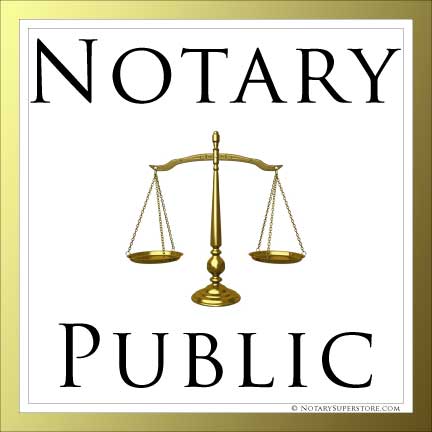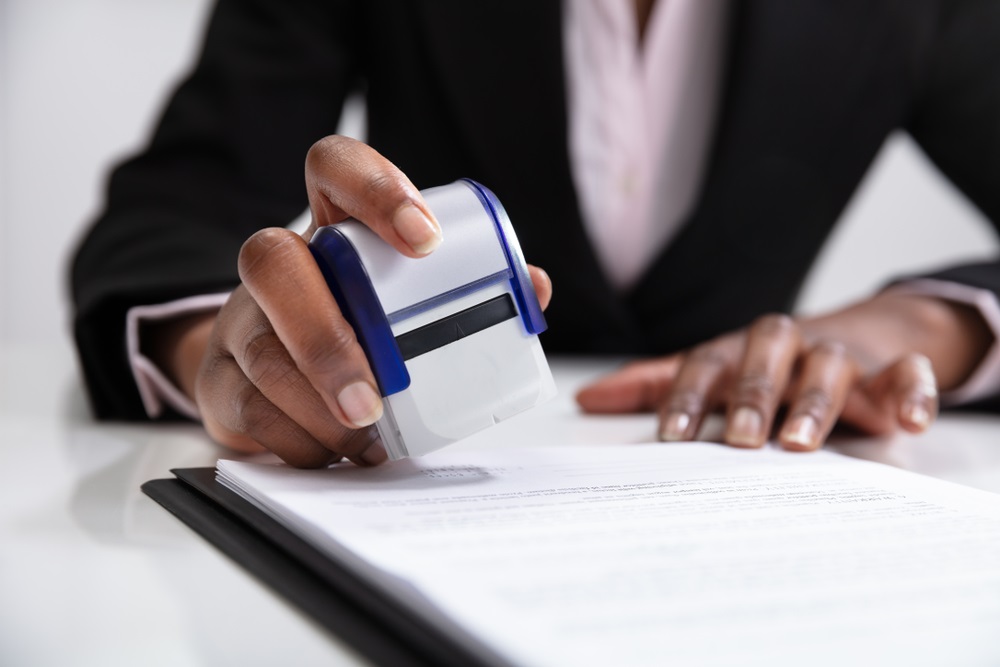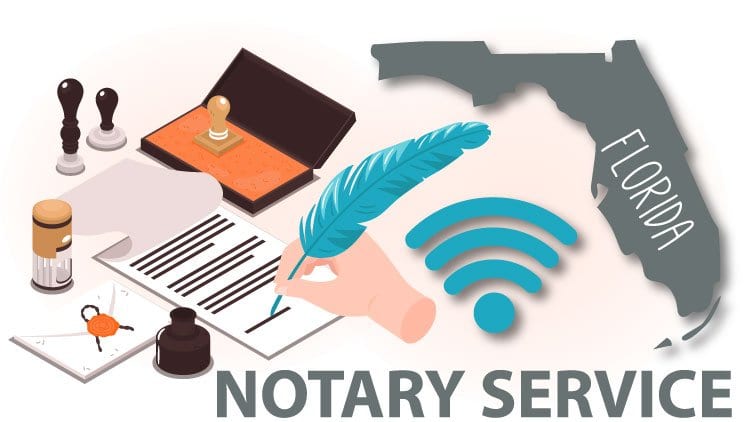Apostille Refine Explained: Simplifying Global Record Verification
Apostille Refine Explained: Simplifying Global Record Verification
Blog Article
Debunking Notarial Job: Streamlining the Function and Relevance of Notaries
Their function, frequently shrouded in mystery for many, carries significant weight in making sure the validity and stability of crucial papers. By unwinding the complexities dropping and surrounding notarial methods light on the relevance of their acts, a more clear understanding emerges of the important role notaries play in promoting the material of lawful and contractual contracts.
The Background of Notarial Job
Just how did notarial work progress with time to end up being an essential part of lawful and organization purchases? The background of notarial job go back to old people, where scribes played a critical function in recording essential details and confirming records. As cultures advanced, the need for a more formalized system to ensure the credibility of contracts emerged. This resulted in the development of notaries, individuals designated by the state to function as impartial witnesses in lawful issues.
During the Middle Ages, notaries got prominence in Europe, with their functions broadening to consist of drafting legal papers, licensing signatures, and protecting documents. The surge of worldwide profession further highlighted the value of notarial job in verifying contracts and contracts across boundaries.
In the contemporary age, notaries proceed to play an essential role in legal and company deals by verifying identifications, validating the credibility of files, and preventing scams. Their function in accrediting the credibility of contracts includes a layer of protection and depend the ever-evolving landscape of commerce and regulation.

Responsibilities and Duties of Notaries
Notaries play a vital role in validating the credibility of papers and the identification of signatories. One of their main obligations is to witness the signing of crucial documents, such as actions, wills, and agreements, to ensure that all events are entering into agreements intentionally and voluntarily.
Moreover, notaries are tasked with administering vows and affirmations, which are critical in lawful process and the execution of sworn statements. They certify copies of original papers, supplying assurance to institutions that the copies are true replicas of the originals. Notaries should maintain precise documents of all transactions they supervise to make sure transparency and liability. In general, the obligations and responsibilities of notaries are necessary in protecting the honesty and legality of various papers and deals.
Notarial Certificates and Signatures
Exhibiting thorough attention to detail, notarial certificates and signatures work as necessary parts in verifying the credibility of lawful documents. Notarial certifications typically include vital details such as the date of notarization, the names of the signatures, a description of the document, and the notary's official seal. These certifications give a clear record of the notarial act, guaranteeing that the file can be quickly identified and mapped back to the notary who oversaw the procedure.
Signatures play a critical function in notarial work, as they signify the contract and consent of the celebrations included. Notaries meticulously witness the finalizing of files to confirm the identification of the signatures and verify that they are signing of their very own totally free will. hop over to these guys By attaching their official seal and trademark to the document, notaries accredit that the required website link treatments have been adhered to and that the document is legitimate and enforceable.
Fundamentally, notarial certifications and trademarks are the characteristic of authenticity in lawful purchases, supplying guarantee to all celebrations entailed that the records are genuine and binding.
Relevance of Notarial Acts

Notarization Process Described
The notarization process commonly begins with the specific providing the record to a notary public. As soon as the identification is verified, the notary guarantees that the private authorizing the paper does so willingly and without any threat.

Final Thought

Notarial certificates commonly consist of critical information such as the date of registration, the names of the signatories, a description of the record, and the notary's official seal. These certificates offer a clear document of the notarial act, ensuring that the paper can be easily recognized and mapped back to the notary who managed the procedure.
By fastening their main seal and trademark to the record, notaries certify that the required procedures have been complied with and that the record is enforceable and legitimate.
By verifying the identification of the signatories, verifying their desire to get in into the contract, and licensing the day and place of the finalizing, notaries play a crucial function in upholding the validity of lawful files.After the record is authorized, the notary will certainly attach their official seal or stamp onto the file.
Report this page